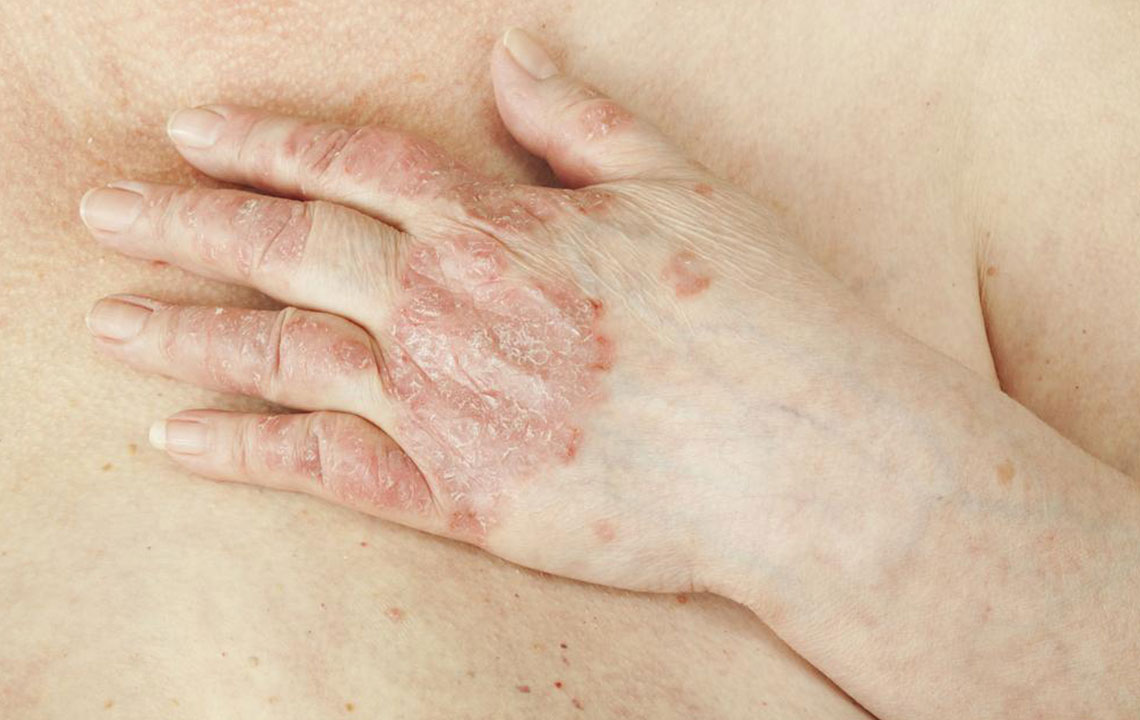Adult ADHD: Common Questions and Effective Management Strategies
This article provides an overview of adult ADHD, including key symptoms, diagnosis methods, natural remedies, medication options, and lifestyle strategies. It aims to empower adults with ADHD to better understand their condition and adopt effective management techniques for a balanced life.

Understanding ADHD in Grown Adults
Many adults living with ADHD have had symptoms since childhood, often going unnoticed until later in life. While some children may outgrow it, others continue to face challenges impacting relationships and careers. Typical signs of adult ADHD include difficulty focusing, forgetfulness, distraction, and poor listening skills. Recognizing and effectively managing these symptoms is vital for a balanced and satisfying life.
Diagnosing ADHD in Adults
Diagnosis involves consulting a mental health specialist experienced in ADHD assessment. The process may include:
Physical exams to exclude other conditions
Psychological testing
Blood analyses for additional information
Reviewing personal and medical histories
Family history can also provide valuable insights, as genetics play a key role in ADHD.
Natural Approaches to Reduce ADHD Symptoms
Several natural strategies can help adults manage their symptoms effectively, such as:
Avoid artificial additives and preservatives: Foods with artificial dyes, preservatives, and processed snacks can increase hyperactivity.
Engage in calming exercises like yoga or tai chi: These gentle practices may lower anxiety and hyperactivity, enhancing social interactions.
Reduce exposure to potential allergens: Following allergy-friendly diets under medical guidance may improve focus and behavior.
Medications for Adult ADHD
Combining medication with therapy and lifestyle changes often provides optimal results. Common options include:
Stimulants such as Dexmethylphenidate, Adderall, Ritalin, Vyvanse
Non-stimulants including Atomoxetine (Strattera), Clonidine, Guanfacine
Stimulants are widely used but may have risks; non-stimulant medications offer alternative solutions. A tailored treatment plan by a healthcare provider is essential.
Effective Strategies for Managing ADHD in Adults
Self-management techniques can also make a significant difference. Key methods include:
Breathing exercises: Mindful breathing can ease impulsivity and reduce anxiety.
staying organized: Using planners, checklists, and setting achievable goals enhances daily management.
Regular physical activity: Exercise helps discharge excess energy and reduces hyperactivity.
Tags: adult ADHD, ADHD management, adult attention issues, ADHD symptoms


